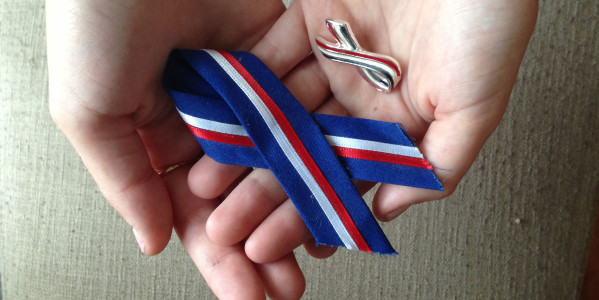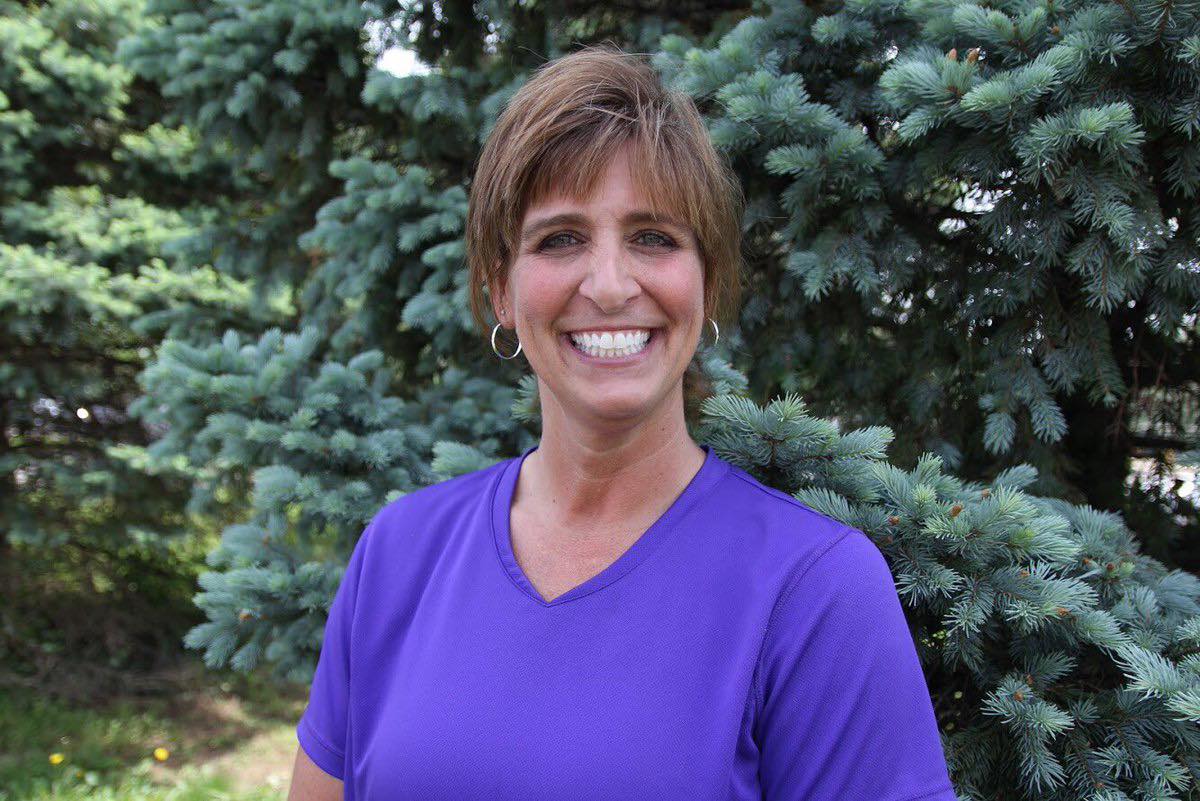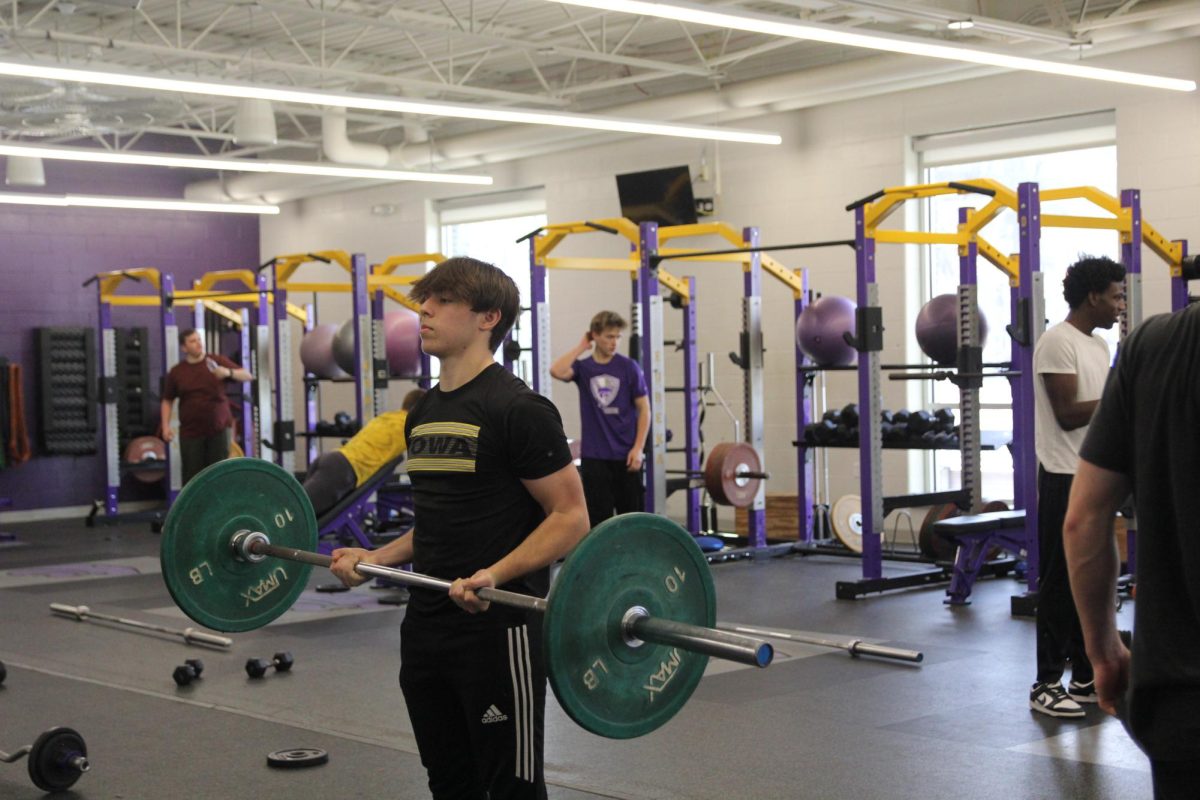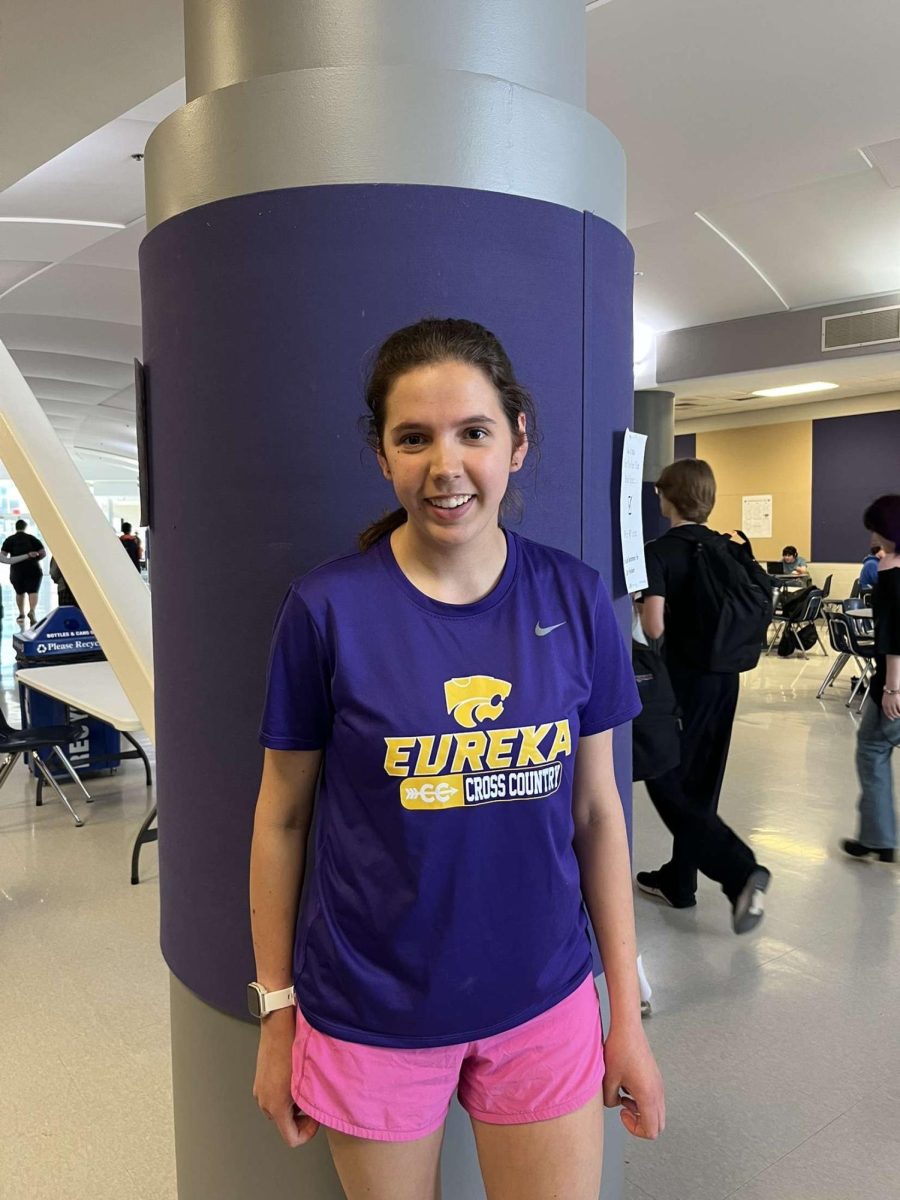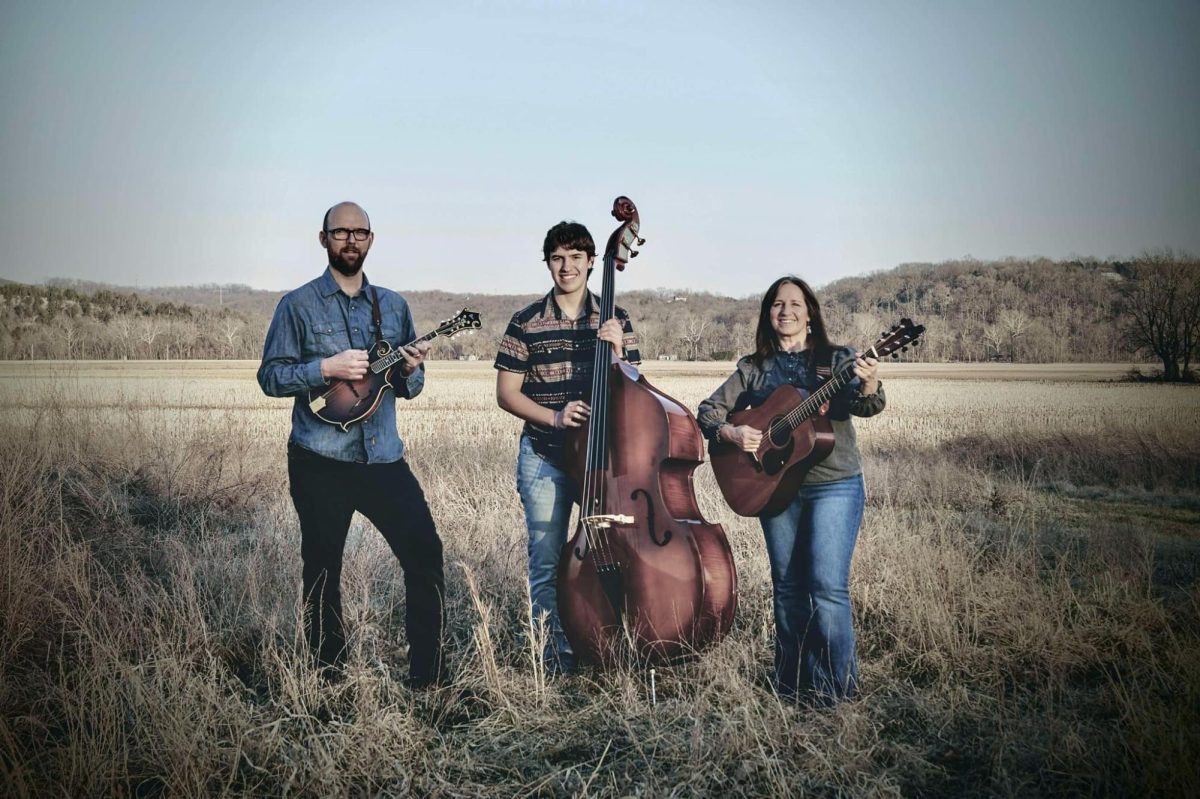Every day when I arrive home from school I take a fat, quite nap. I rush up to my room barely saying “hi” to my parents and my four cats before I pass out. There is no time for “How was your day?” I am asleep or in a daze by 4:00 p.m.
My parents have learned this routine; they don’t think I’m a nocturnal creature or a lazy, crabby teenager. They now know the truth. I am definitively introverted.
Being around people for over seven hours physically and mentally drains me. It’s as if a social and talkative leech has attached to my body from 8:16 a.m. until the time I flop down on my bed, sucking out all my energy.
My after-school nap is my way of meditation. I need to regain energy after being around a large group of people for a sustained period of time. This year after the Eureka v. Lafayette football game I went out with friends, and I was so exhausted at 9:00 p.m. that I could barely utter the words “I’ll have a cheeseburger” to the worker at Five Guys Burger and Fries.
I have learned (after extensive battling with my extroverted sister and googling the word “introvert”) that I do not, in fact, dislike people. I’m not anti-social; I actually love being around my friends and family and having good, long-winded conversations. Get me one-on-one, and I’ll talk you into the ground about a song I just discovered on Spotify, historical happenings and whether North Korea is going to launch that long range missile.
But it’s the fact of my introverted life that rather than gaining energy from other people, I gain energy from myself and being alone. For example, extroverts typically would enjoy the grotesque volume of the lunch room but you can find me recharging in the much more quite library during lunch period (and I swear I’m not a hermit…)
It wasn’t until I was in high school that my sister and mom (who are both extroverts) understood that “nothing is wrong” and “I don’t feel like talking” are true statements and aren’t just me being passive aggressive.
They tend to want to talk problems out as they are happening while my philosophy is to leave the problem alone for a couple hours, and I’ll talk about it after I have had time to collect my thoughts.
Now that I’m older I understand why my dad always hated to be asked, “What’s wrong?” when he was just recharging, too.
On the way out the door on Christmas Eve junior year my family got into an argument that quickly split us into two: the close-mouthed introverts versus the passionate extroverts. My dad and I (the introverts) knew that if we just dropped the problem and got under way the problem would solve itself, but my mom and sister felt as if the problem needed to be talked out and dissected at that very moment and didn’t want to budge until it lay bare on the table.
Even though it seemed like complete gridlock, my dad and I won and we left the house (we had dinner reservations) but we were right, within 10 minutes we were all chiming into “I’ll be home for Christmas.”
My boyfriend is also introverted so we vibe off of each other and are able to have a twenty-minute silence without feeling like we have to ask each other, “What’s wrong?” This comfort isn’t always the case when I’m around extroverts they usually think I’m shy or that something is wrong.
I’m totally not shy. I love public speaking; I do it for sport. How I appear in a classroom environment or at a football game doesn’t reflect the whole person I am.
At the end of the day I can’t be defined by my fat nap, and I won’t define other people by their temperamental tendencies. The truth is people are not solely introverts or extroverts. But those definitions help me come to a better understanding of my classmates, my family, my friends and myself.















